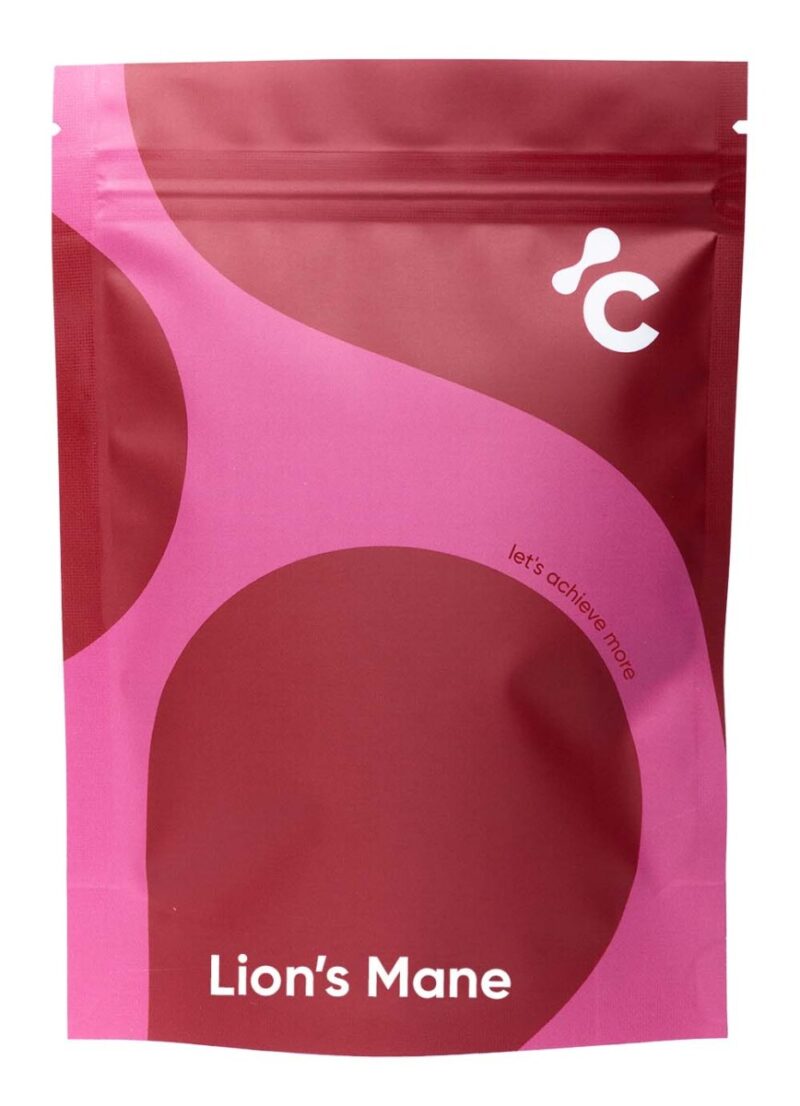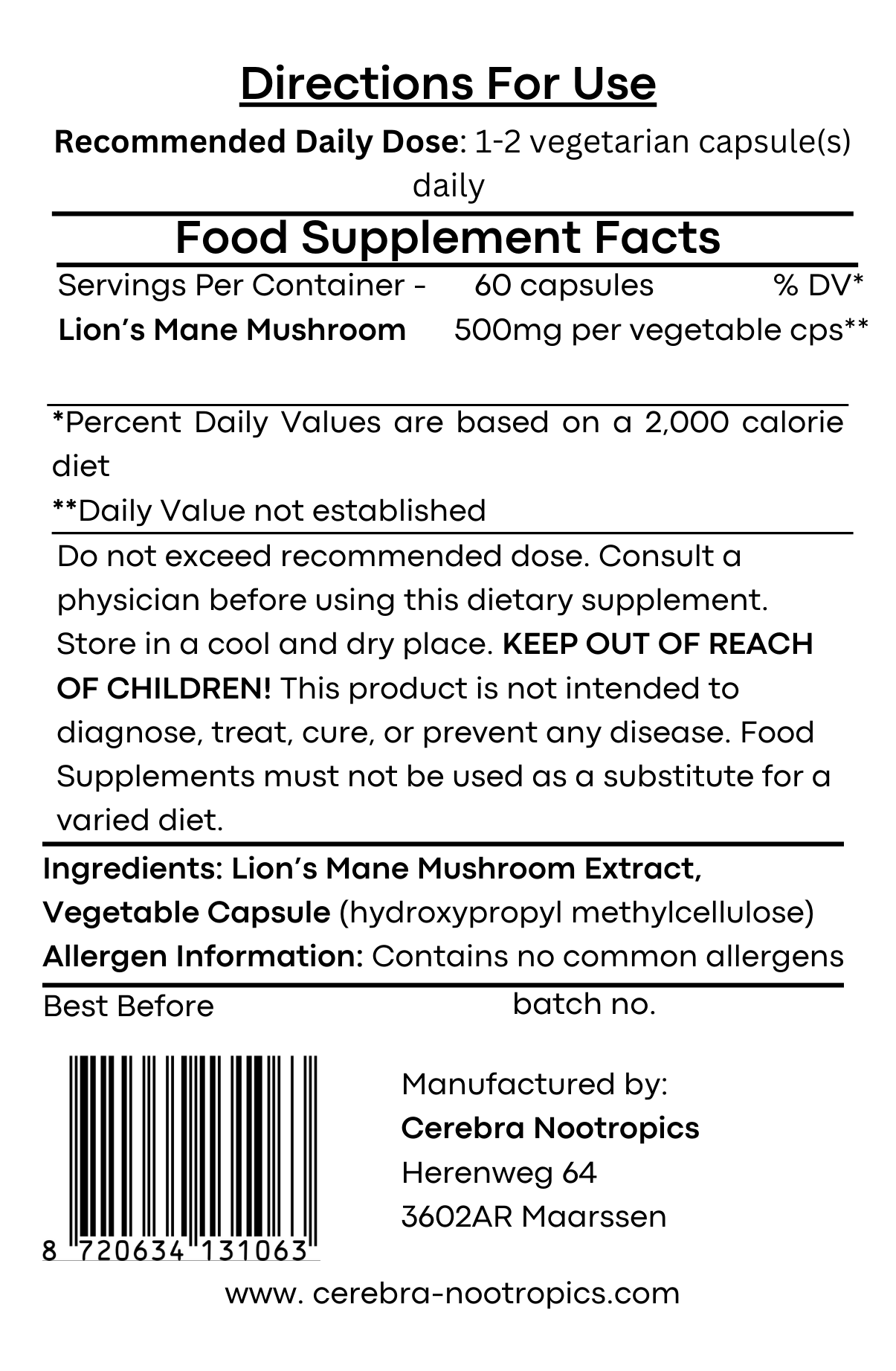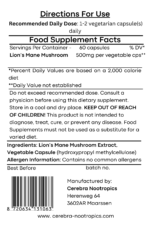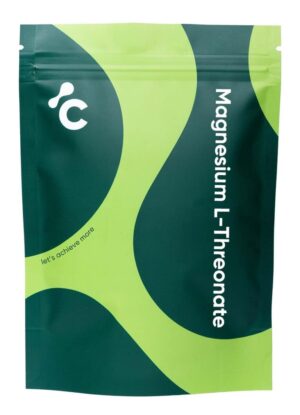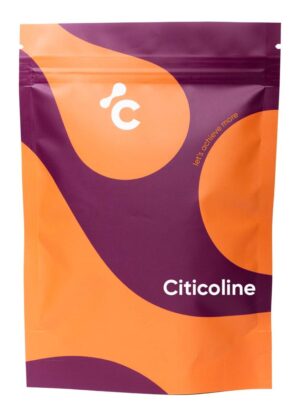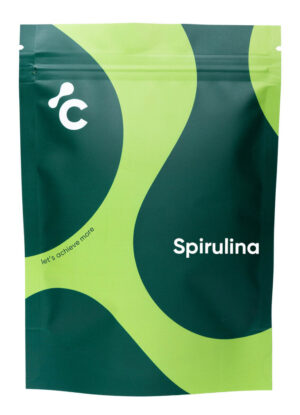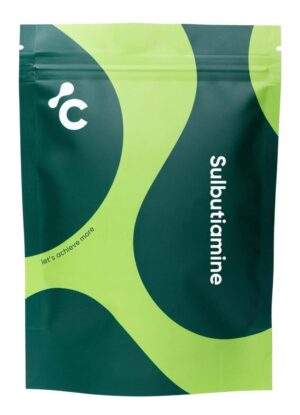Discover the power of the ancient Eastern tradition with our Lion’s Mane mushroom capsules. This extraordinary mushroom, used by Buddhist monks for thousands of years, is now made available to you in an organic form.
Lion’s Mane is known for its historical significance and is highly valued in Eastern medicine. This supplement contains 500 mg of organic Lion’s Mane per serving, giving you the opportunity to explore a traditional treasure.
Unleash the natural power of Lion’s Mane. Add Lion’s Mane capsules to your daily routine and experience the unique properties of this ancient mushroom.
- Ordered before 3:00 PM, shipped today!
- Your order fits through your mailbox.
- We are happy to provide you with advice!
Why Buy Lion’s Mane from Cerebra?
We offer high-quality Lion’s Mane capsules that give your brain an extraordinary boost. With our trusted brand, you are assured of purity, quality, and reliability. Buy the highest-quality Lion’s Mane capsules in Europe and give your brain health the attention it deserves! At Cerebra, you can find other supplements for memory as well:
Lion’s Mane Dosage
It is recommended to take this supplement twice a day, preferably just after a meal. Taking it after a meal allows for better absorption by the body and reduces the potential side effects of an empty stomach. Furthermore, it’s important to store the supplements in a cool and dry place to maintain their quality and effectiveness.

